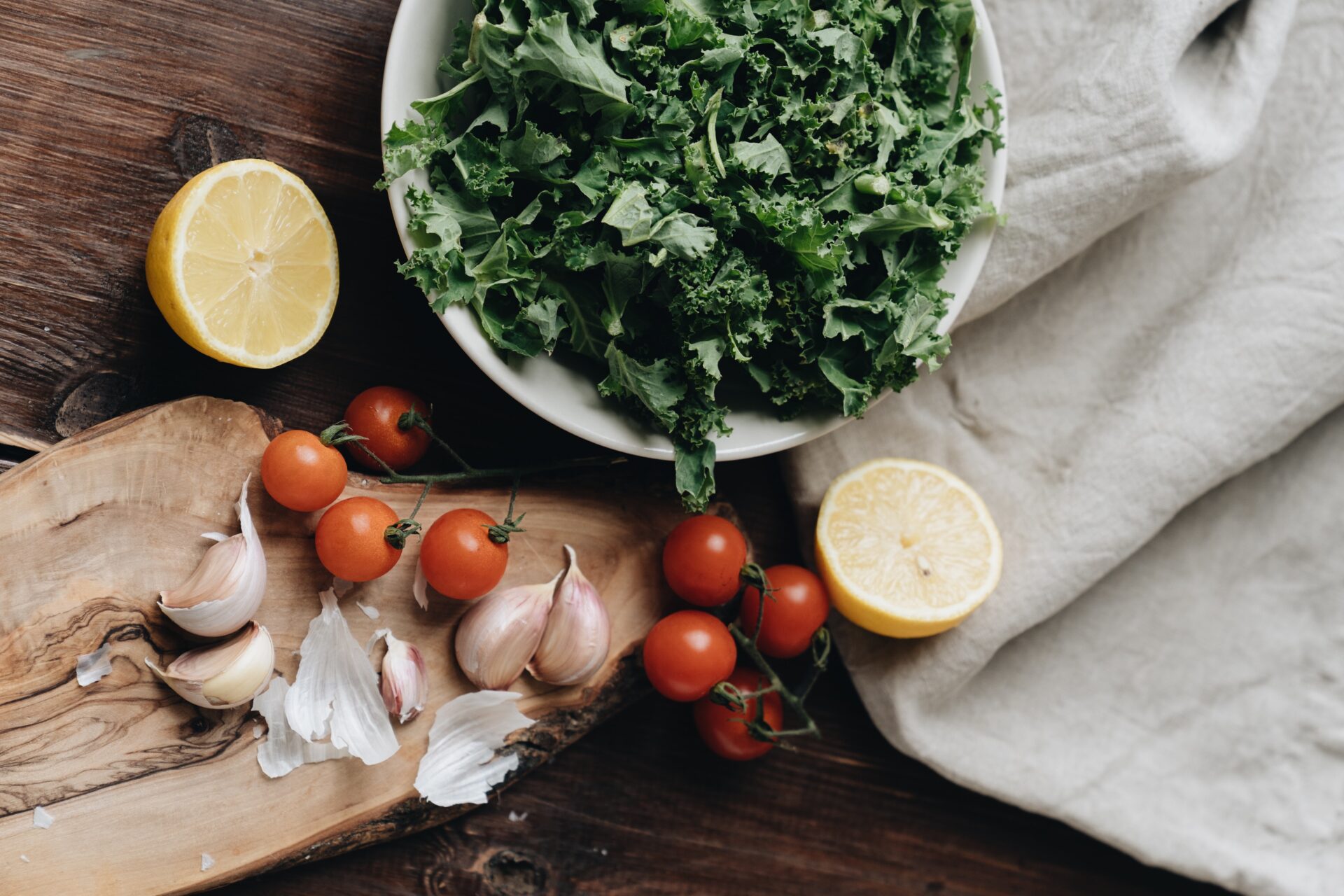
Autumn vegetables and their benefits
Blog content provided from the legendary team at Northern Inland Academy of Sport
When choosing foods to eat, there is no doubt the less processed foods you choose the better. Fruits and vegetables are especially important and provide a large range of benefits to human health. Of course, it is very tempting to pull out a packet of chips or munch on biscuits, but there is always a healthier alternative to consider. With Autumn underway, why not look into some of the fresh foods that are in season to get an extra health kick from what you consume.
Food number one is baby spinach. Healthline have identified a whole range of reasons why you should include this food into your diet. One key reason is the number of vitamins and minerals that can be found in spinach. The three main vitamins you’ll find are vitamin A (good for your vision and immune system), Vitamin C (good for your skin health and immune function), and Vitamin K1 (which can help with blood clotting).
Second on the list is raddish. Whilst this veg might be for those with an acquired taste, there are plenty of reasons to add it to your diet this Autumn. Like baby spinach, radish contains vitamin C and has plenty of fiber. This can be great for supporting your immune system and can help with digestion. If you’re not sure how to eat radish, try cutting it up finely and mixing it into a salad, or roasting them in the oven with a collection of other root vegetables.
Next is garlic. With numerous vitamins and minerals in its build, garlic has many health benefits including helping to reduce symptoms of the common cold. It is also said to improve heart health by helping to lower blood pressure and may also help reduce the risk of some cancers. These are just a few ways garlic can give you a health boost this season!
Finally, kale. Kale was the center of a health food craze just a few years ago, and with good reason. There are multiple benefits to consuming kale. Much like spinach, kale is a nutritious vegetable that shares many of the same vitamins and minerals. However, kale wins the battle for containing the most amount of vitamin C. It also contains a decent amount of calcium, which means it can help to keep your bones and teeth strong and healthy.
Kale may not be everyone’s favourite food, but perhaps you just haven’t used it to its full potential! Of course, you can cut it into salads, but have you tried baking it in the oven with a hint of salt? This makes for a yummy snack! If you’re looking for more of a meal, why not add it to your burger for dinner? Sounds odd? Try it first and then decide! Kale can also be added to soups (perfect for the colder months!) and if you’re in a hurry you can throw it into your breakfast smoothie for that extra boost.
Obviously, there are many other fruits and vegetables that could be added to this list, but these four will provide a good addition to any diet. Whilst some fruits, vegetables, and natural foods may have more health benefits than others, non-processed foods are generally much healthier than the processed option.
To learn more about fitness and wellbeing on or off season visit the Wellness Hub.
Be sure to keep up to date with the awesome NIAS athletes here.


